In my post today, I am sharing seven tips on how to cope after losing a family pet. Losing a beloved pet is a deeply emotional experience, as these furry companions become cherished members of our households. Coping with the grief that follows their departure can be overwhelming and challenging. However, understanding the grieving process and employing effective coping strategies can help navigate this difficult journey. Keep reading about the best coping methods after losing a family pet, enabling you to find solace and healing in your memories.
How To Cope After Losing a Family Pet
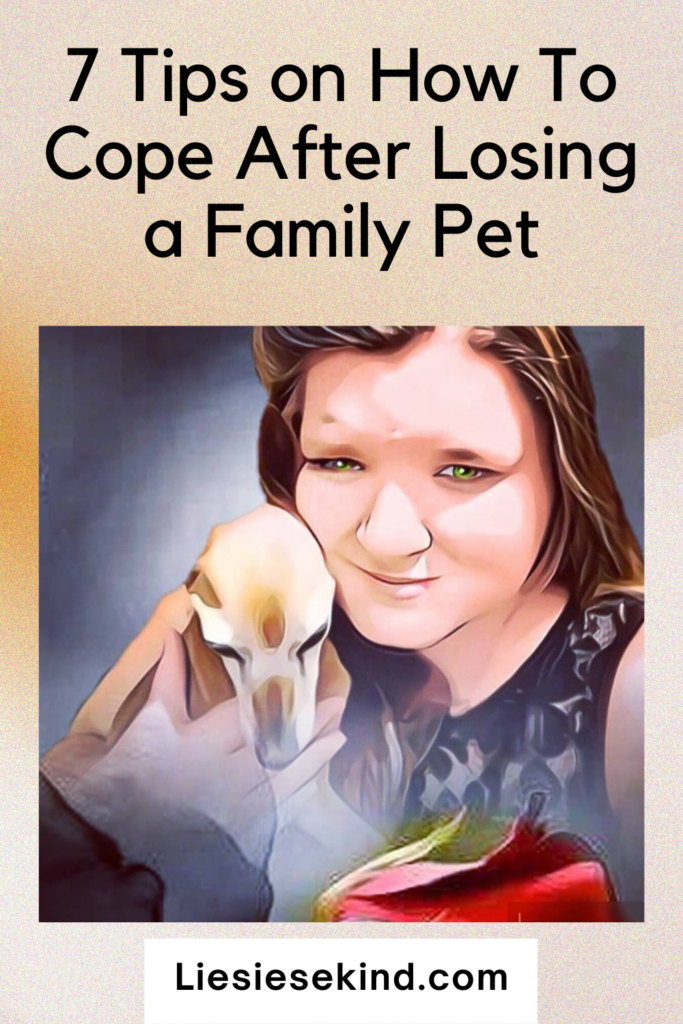
1. Understanding the Grieving Process
Grieving the loss of a pet is a unique experience that varies from person to person. Acknowledging that your emotions are valid and healing takes time is crucial. The grieving process often consists of several stages: denial, anger, bargaining, depression, and acceptance. Recognizing and accepting these stages as part of your journey will allow you to move through them at your own pace.
2. Expressing Emotions
Giving yourself permission to express your emotions openly and without judgment is important. Bottling up your feelings can prolong the grieving process. Share your thoughts and memories with understanding friends or family members who can provide comfort and support.
3. Honoring Their Memory
Honoring your pet’s memory can bring solace and help you celebrate the joy they brought into your life. Consider creating a memorial in their honor, such as planting a tree, dedicating a photo album, or crafting a special piece of art. These acts of remembrance can serve as comforting reminders of the special bond you shared and the love that continues even after their passing.
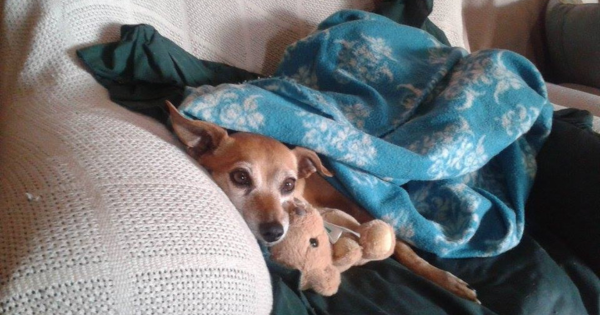
4. Establishing Routines
Pets often play an integral role in our daily routines. When they are no longer present, it can leave a void. Establishing new routines can help fill that void and provide a sense of normalcy. Consider engaging in activities that promote self-care, such as exercise, hobbies, or spending quality time with loved ones. Focusing on positive aspects of your life can aid in the healing process.
Related: 15 Best Ways To Practice Self-Care
5. Seeking Support
Seeking support from others who have experienced pet loss can be tremendously beneficial. Local pet loss support groups, online communities, or counseling services offer a safe space to share your feelings and connect with people who understand your grief. Even friends or family that have lost a pet will understand what you’re going through. Remember that reaching out for support is not a sign of weakness but rather an act of self-care and compassion during a challenging time.
6. Finding Comfort in Memories
Memories of your beloved pet are precious and can provide solace during times of grief. Create a memory box filled with their favorite toys, photographs, or other mementos that remind you of their presence. You may also find comfort in sharing stories and reminiscing about the happy times you spent together. Embrace the memories as a testament to the profound impact your pet had on your life.
7. Considering a New Pet
While the decision to adopt a new pet is deeply personal and should not be rushed, many people find that opening their hearts to a new furry companion can help in the healing process. I had my doggy, Grietjie, for 15 years when I had to make the decision to have her euthanized due to age-related health issues. I kept putting it off for weeks because just thinking about it was too traumatizing. But she was suffering and did not have the quality of life she deserved.
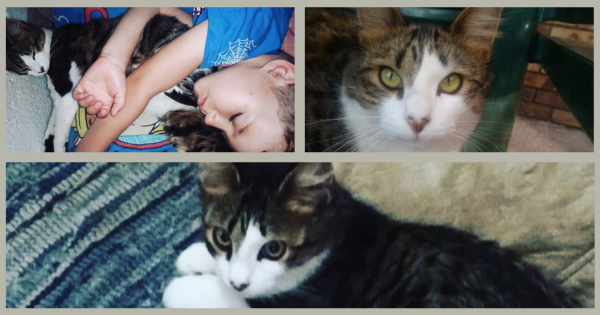
Shortly after Grietjie was gone, my best friend was looking for a home for one of her kittens. We adopted Tigger who soon became a well-adjusted family member. Sadly after less than two years, I had to once again say goodbye to our family pet. After losing Tigger, I really struggled to cope with the loss. A friend of mine was moving away and was looking for a good home for her pets. So, we ended up adopting two cats and a chinchilla.
I didn’t see the new pets as replacements for Tigger but rather as new furry children who needed a good home. Every time I have to say goodbye to a departed pet, I promise myself I would not adopt a new one. But here I am again. I don’t have regrets because caring for and loving these animals helped me to cope with losing Tigger. Consider visiting local animal shelters or rescue organizations when the time feels right. Welcoming a new pet into your life can bring joy, love, and a renewed sense of purpose.
Conclusion
Losing a family pet is a painful experience that requires time, patience, and self-compassion to navigate. Throughout this journey, it’s important to remember that your pet’s life had meaning and that their presence brought immense joy and love into your life. Reflect on the special moments you shared together and treasure the bond that was formed. Your pet will always hold a special place in your heart.
It’s important to be patient with yourself during the healing process. Grief doesn’t have a timeline, and having good and bad days is okay. Allow yourself to grieve at your own pace, and remember that healing takes time. Reach out for support when needed and lean on friends, family, or support groups who can offer understanding and comfort. I hope that my tips on how to cope with losing a family pet have brought you some solace and will help you through this difficult time.
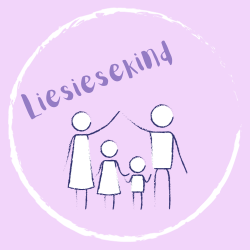
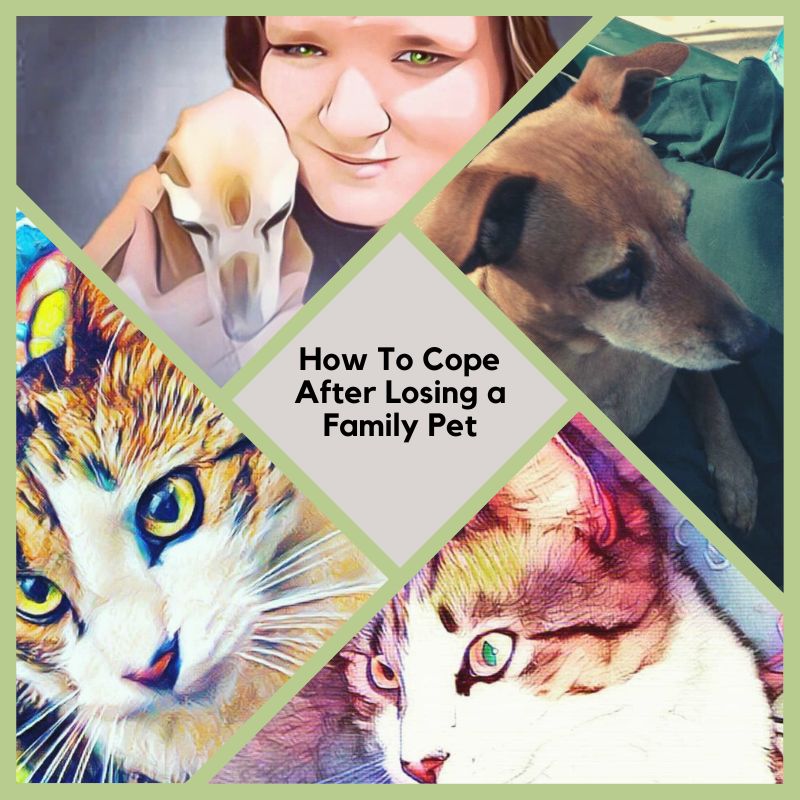



Be the first to reply